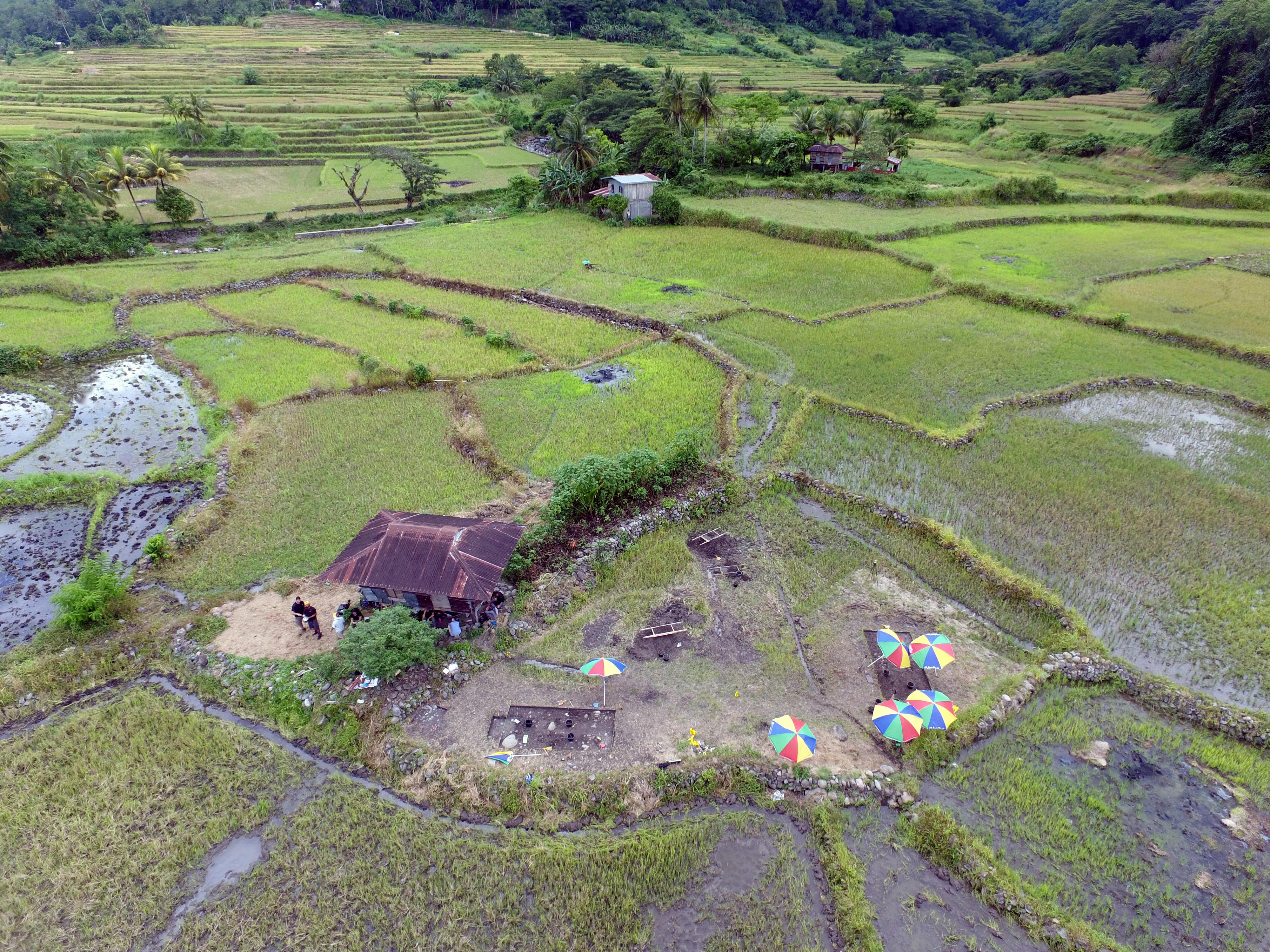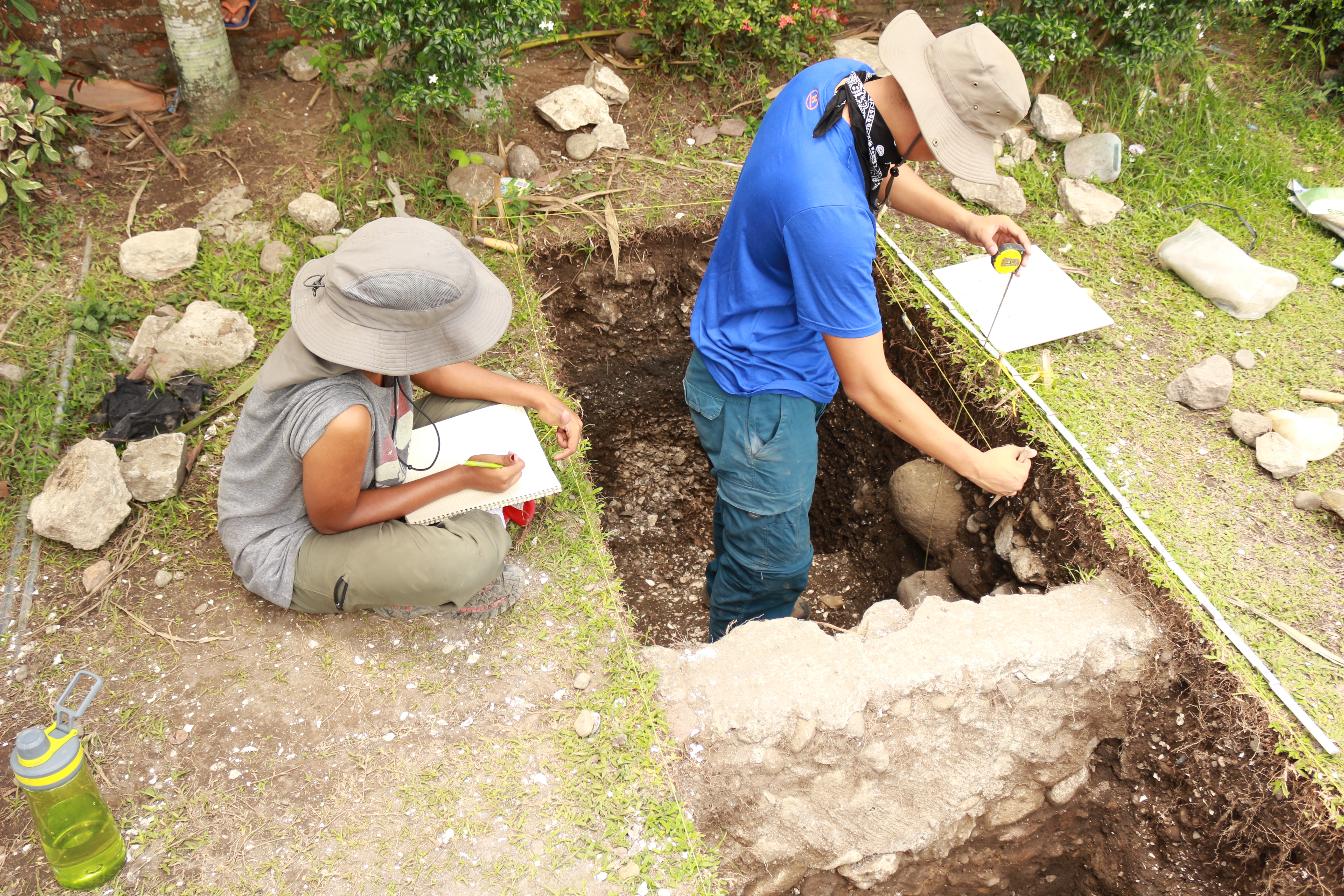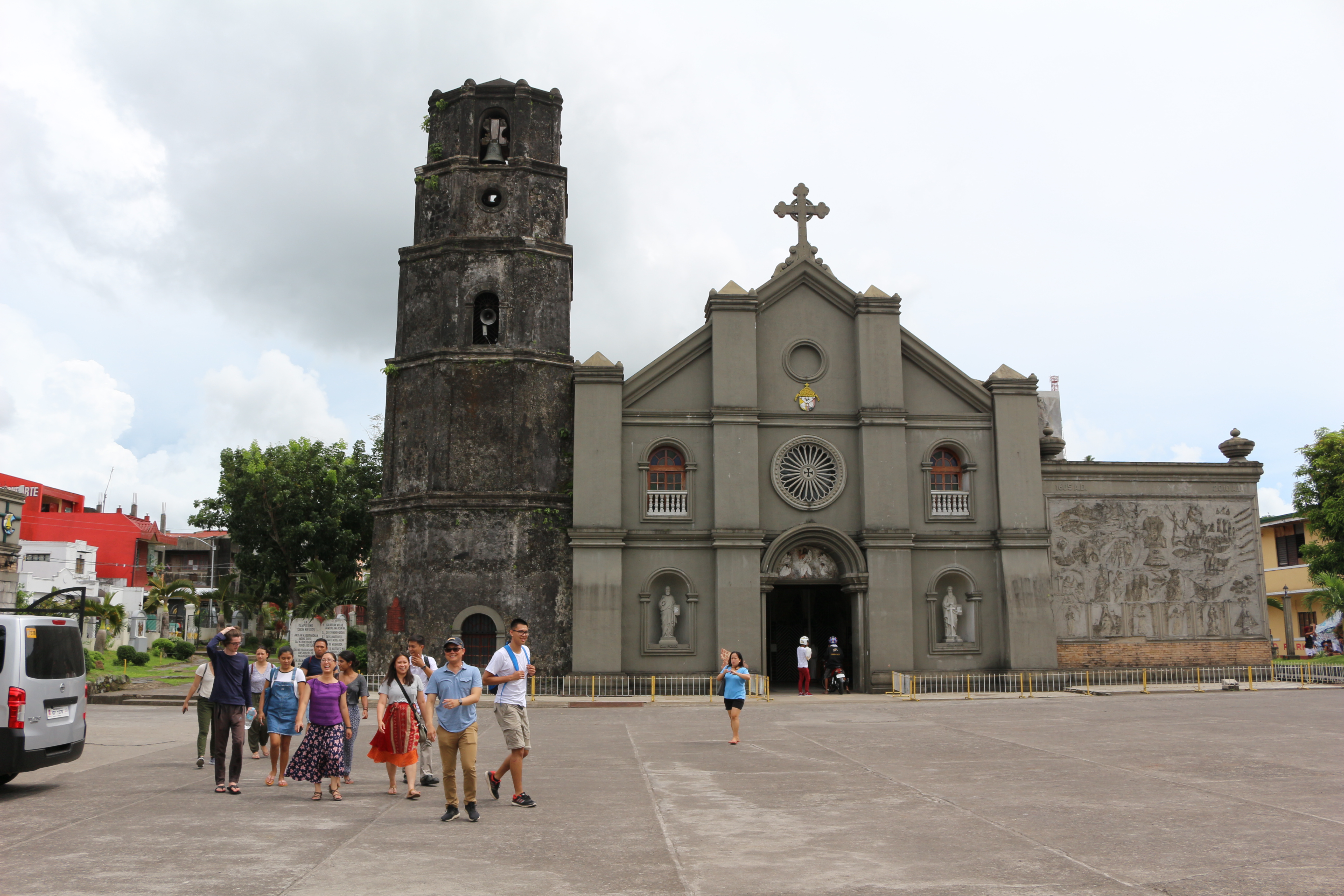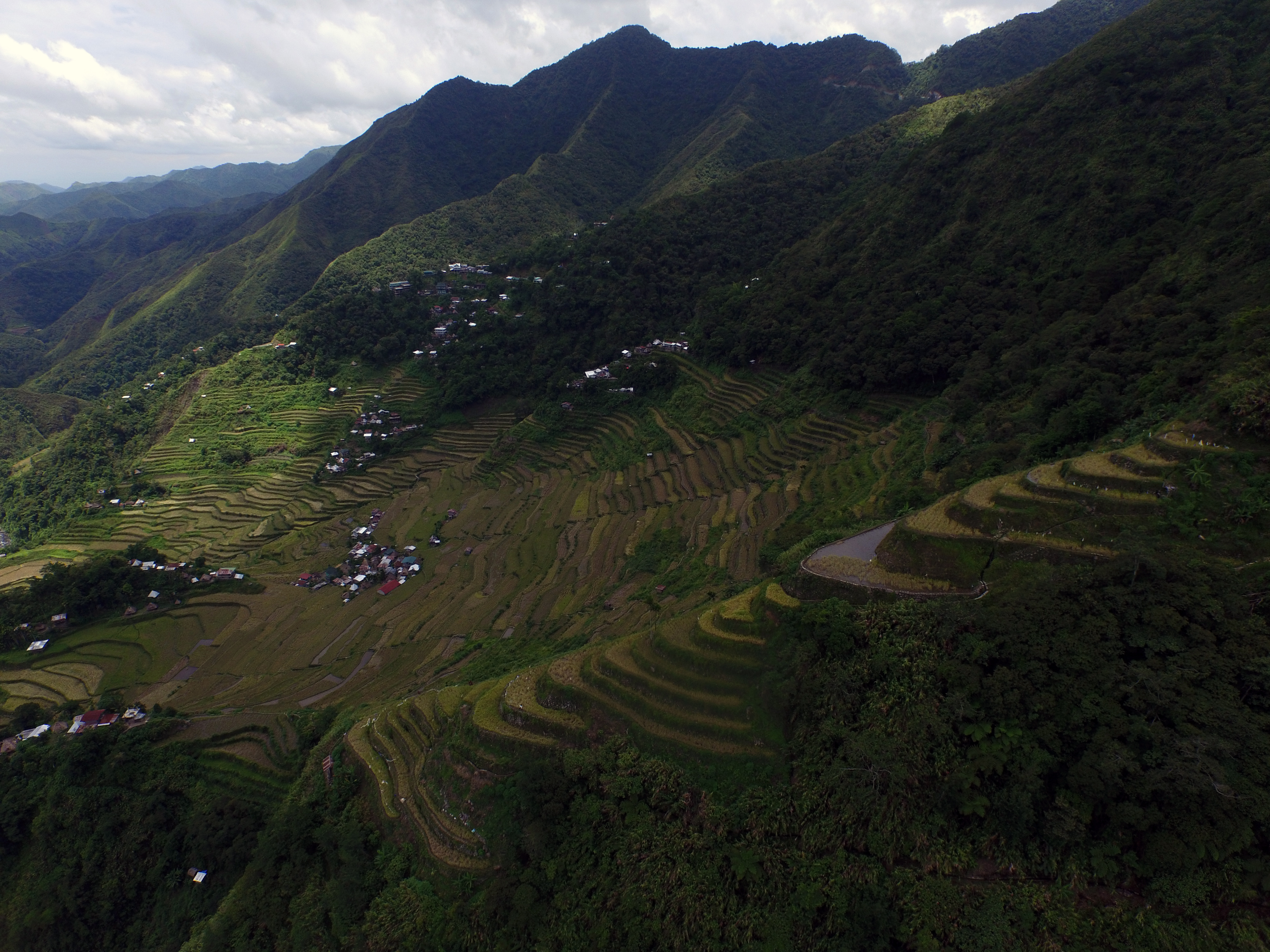Philippine Archaeology at UCLA
The Archaeology Program at UCLA investigates varied responses of indigenous groups in the Philippines to Spanish colonialism by comparing two distinct groups who resisted and accommodated the Spanish aims in Asia: the Ifugao of the northern highland Philippines are known to have resisted conquest while the Bicol of Southern Luzon lowlands were placed under Spanish administration within two years of contact. Resistance to conquest and colonialism are expressed in various forms. However, the more overt armed struggles are the only narratives that make it to history books.
In this project, we forefront two disparate examples where the fight against subjugation transpired as a consequence of the groups’ intent for cultural perpetuation and conservation in the face of a more powerful entity. This project aims to contribute to a nuanced understanding of the responses of indigenous groups to colonialism by comparing two disparate groups who resisted and accommodated the Spanish aims in Asia. Our project will continue the established research program in the highlands of Ifugao (Acabado 2009, 2017, 2018), a locale known to have successfully resisted the Spanish conquest. We compare the highland patterns with those of lowland Bicol populations, who were placed under the Spanish crown within two years of Spanish contact. This investigation will also link the histories of Spanish Philippines and the Iberian Americas. In addition, this research program fills the gaps in our knowledge about the recent history in Southeast Asia as very few Southeast Asian archaeologists have looked at the Early Modern period, and even fewer at colonialism





